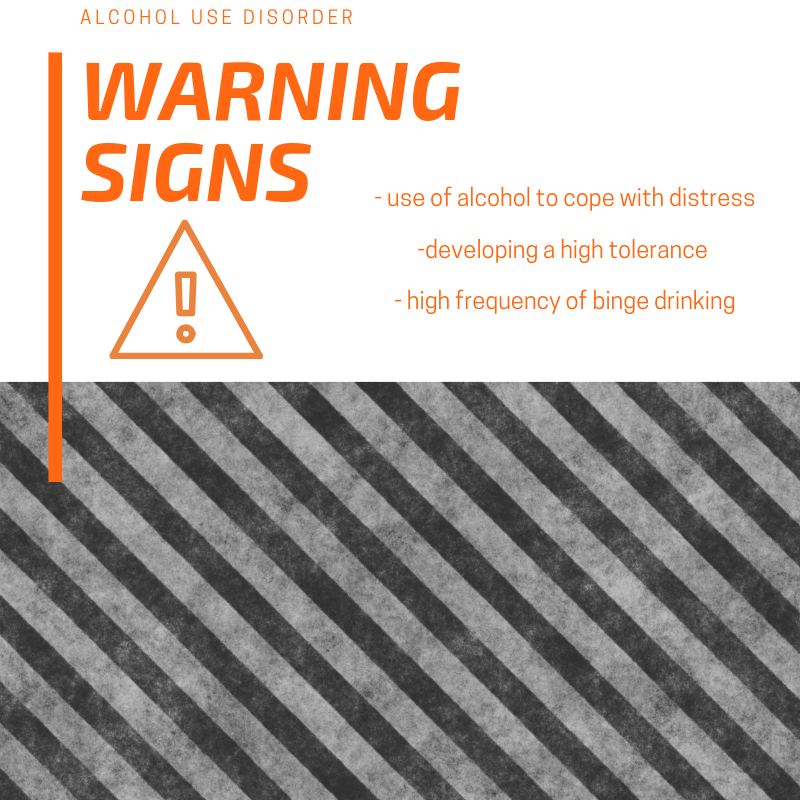
Substance Use Disorders: Alcohol
Alcohol use disorder is one of the most common substance use disorders in the modern world. Drinking on occasion is not necessarily indicative of a problem when in moderation, but habitual binge drinking can lead to mental and physical problems if left unchecked. Helping those with substance use disorders requires a lot of outside support from family and friends in order for people to confront their problem and start taking the first steps toward recovery. Each case of alcohol use disorder is unique, but there are many possible avenues of treatment for individuals who are suffering to increase the chances of successfully combating the disorder.
Be Aware: Warning Signs of Alcohol Use Disorder
Recognizing the warning signs of alcohol use disorder is important, so the issue can be caught before it becomes detrimental and effects an individual’s daily functioning. Some of these warning signs could be an increased usage of alcohol in order to cope with distress and a high frequency of binge drinking. Developing a tolerance for alcohol through the overuse of alcohol is also indicative of a problem, because it can lead people to later adverse effects like severe withdrawal. It is important to talk to friends or family when you notice these signs in someone you are close to. Since alcohol use is so universally accepted, many people do not consider their usage to be of concern or as causing a problem until someone else encourages them to get help.
Effects on Mental Health
It is important to understand and get treatment for alcohol use disorder, because of the various harms that it can cause to your body, both mental and physical. While mental health issues might cause an increased use of alcohol use that develops into alcohol use disorder, it is also possible for alcohol use disorder to trigger mental health issues. Although, drinking might initially help people with anxiety, with overuse alcohol can cause the opposite effect and result in an increase in anxiety and a possible diagnosis of anxiety disorders. In terms of health problems, long term use of alcohol has been associated with bone problems, liver issues, vitamin deficiencies that lead to dementia-like symptoms, and various cancers.
Help Is Out There
As with any substance use disorder, it is important not to lose hope and to keep putting in the effort to get help. One of the reasons that Alcoholics Anonymous group therapy is so popular is because it is easier for people to confront their problem when they are doing it alongside others who understand what they’ve been through; it also provides a strong network of social support for those who think that they might not have anyone to confide in. There are also FDA-approved medications for medication-assisted recovery for alcohol use disorder, like acamprosate, disulfiram, and naltrexone, that when coupled with therapy can be highly effective in treating alcohol use disorder.
If you or someone you know is struggling with a substance use disorder, please feel free to contact the professional team at Lifeline Connections for help! Getting yourself help, whether it is through self-help or by reaching out to professionals is an important part of recognizing that you are struggling and is a good step forward to get the help that you need. You can visit
Lifelineconnections.org or call 360.397.8246 for more information.
